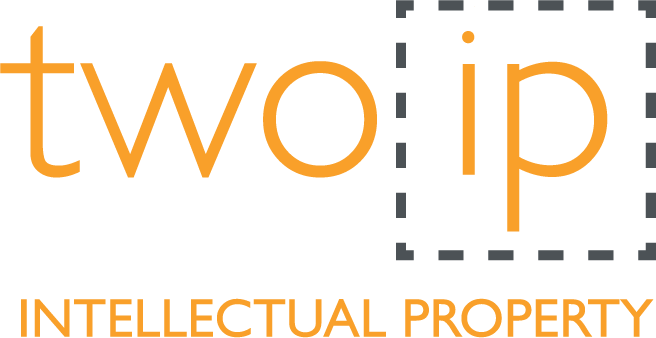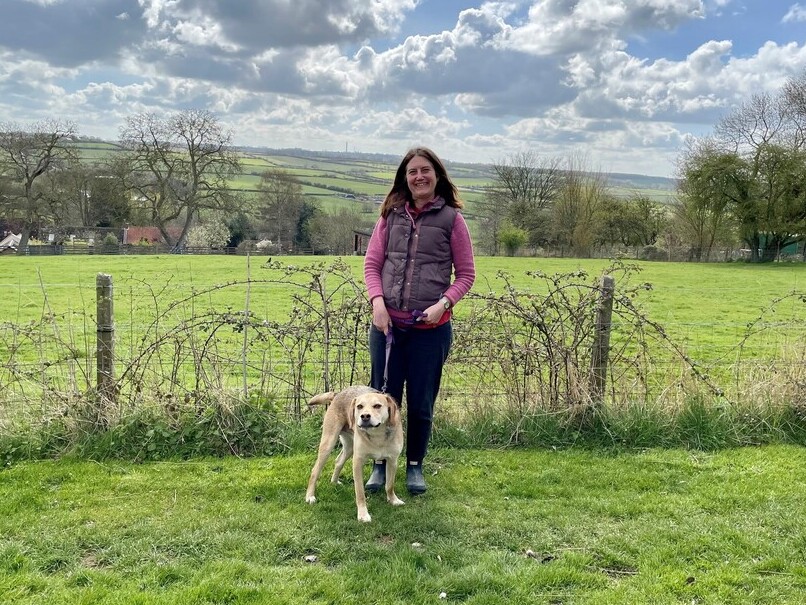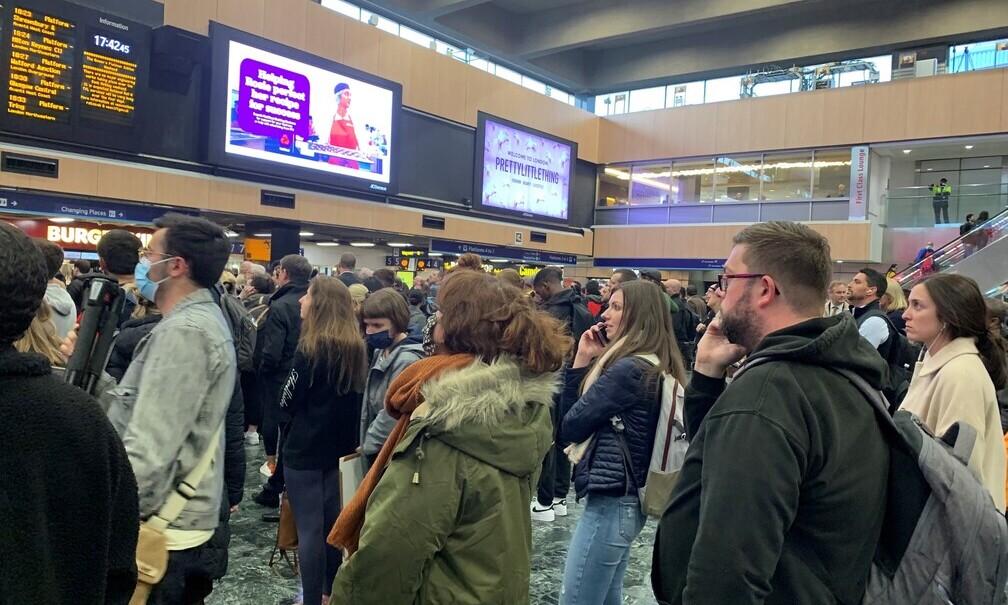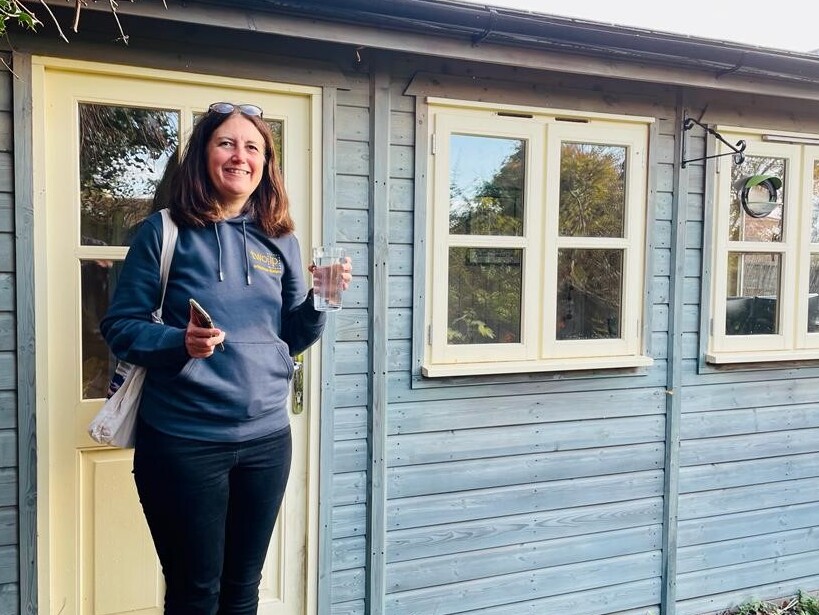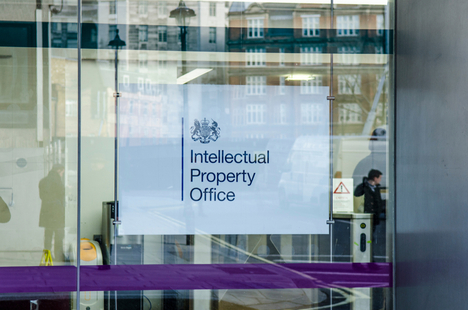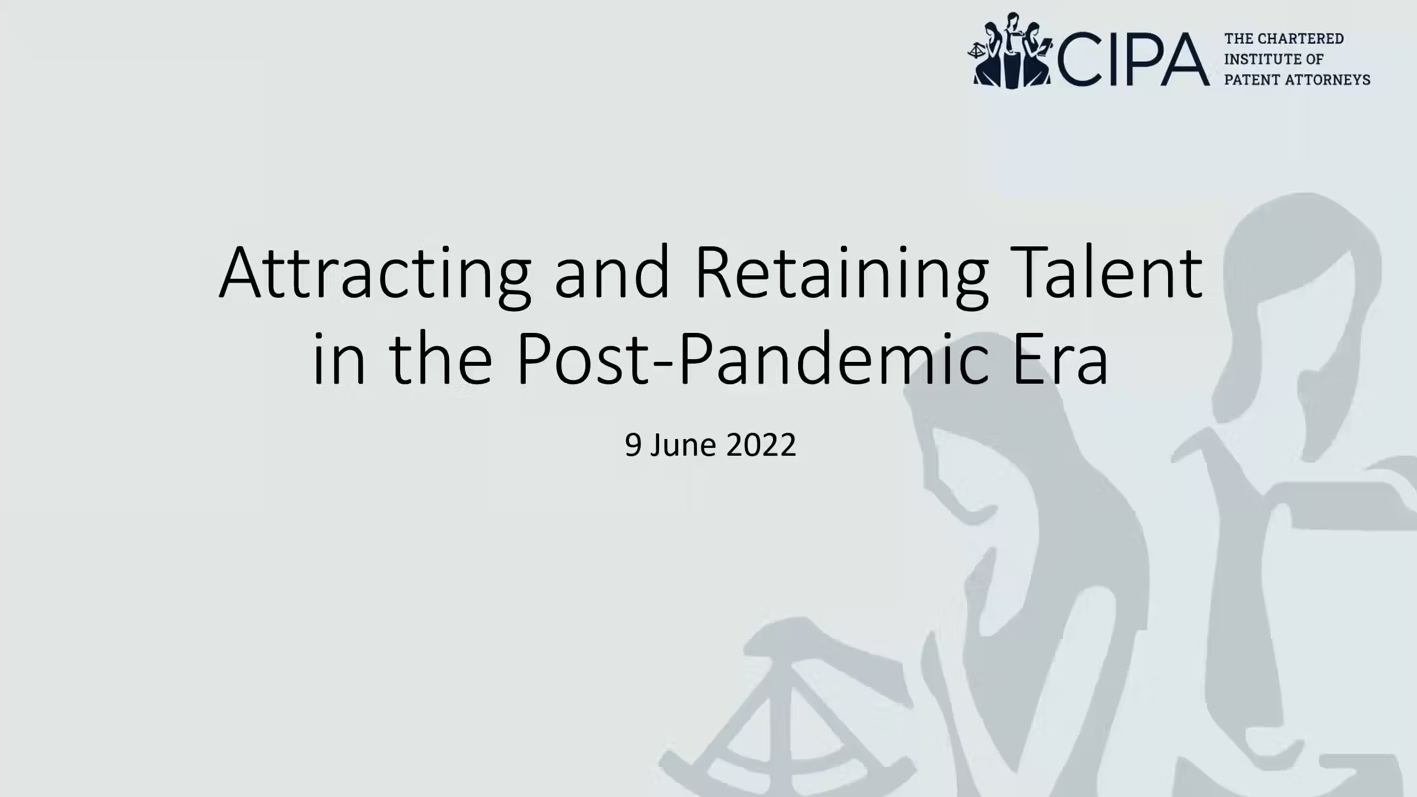Intellectual property (IP) is an asset your business owns. Like any asset, there are situations where insurance to defray potentially costly claims can be a sensible precaution to take.
IP legal expenses insurance (LEI) isn’t appropriate for all businesses, but it is worth being aware of the situations where it might be a sensible investment. This blog shares our summary of IP LEI, the situations where it might be useful and the benefits of having it in place.
What is IP legal expenses insurance?
As with any other type of business insurance, IP legal expenses insurance (LEI) helps to mitigate significant costs – in the case of IP LEI, the costs of enforcing your IP rights and/or the costs of defending your business against an IP infringement action. If someone else infringes your IP rights, IP LEI can cover the costs of suing them for infringement, and if you are on the receiving end of IP litigation alleging infringement of someone else’s IP rights, IP LEI can cover the costs of defending the litigation.
Whatever the situation, IP litigation can be very costly and time-consuming to deal with so having insurance in place means you have a policy that will provide the finances for you to resolve it.
What types of IP insurance are available?
There is generally a scale of options and which option is right for you will depend on the level of risk and the price you are willing to pay for a policy.
Some common policy types are:
- Opinion only: This enables you to obtain a professional opinion on your chances of success if you were to enforce or defend an IP infringement action
- Enforcement or defence: This covers the costs of taking IP litigation action to enforce your rights as the IP owner or to defend against an allegation of IP infringement from others.
- Damages: If you did lose an IP infringement action then this would cover you for any damages awarded.
- Validity: This covers the legal costs of defending challenges to the validity of your IP rights; this is most generally applicable to patents.
- Other options can also be added such as lost revenue or, increasingly important, cyber losses related to IP
However, for IP LEI it must usually be taken out “before the event” (BTE), i.e. before an (alleged) infringement has occurred. BTE LEI will only cover risk before an infringement claim is made or before the possibility of an infringement action ought to be known about. A decision to take out IP BTE insurance should therefore be considered as early as possible – this will also help to keep the insurance premium down.
UK cover will be the cheapest to obtain, followed by cover for Europe, Worldwide cover excluding the USA, and Worldwide cover including the USA; US IP litigation is the most expensive to action or defend, hence higher premiums will need to be paid. The premiums you pay will reflect the geographical cover you need. Taking out domestic cover early and expanding the cover as your markets grow is likely to be the most cost effective option.
Why might you consider getting IP Insurance?
The justification for IP insurance will depend on your specific situation and the value that Intellectual Property holds for your business. Of course, the level of risk of there being an issue will also play a role in determining if it is a wise investment.
If you operate in a highly technical or specialised area you may feel that you would benefit from the protection IP LEI provides. Similarly, if your market is highly competitive and IP plays a significant role in terms of competitive advantage, again it might be a good idea to have this enhanced protection.
As well as providing actual protection and financial support if the worst was to happen, it can also act as a deterrent. Weak claims that may not result in any legal action but could take time and effort to defend are more likely to go away if you have the insurance behind you to take robust advice and action from the outset. Similarly, alleged infringers are more likely to mediate or negotiate with you if they know you have the financial backing to see a case through and fully defend it.
What are the costs of IP insurance?
The insurer will calculate a premium based on a range of risk factors, including in which court you would intend to enforce any IP rights in the UK. The IP Enterprise Court (IPEC) costs less to take and defend IP litigation actions than going to the high court, and LEI just covering IPEC enforcement can have a premium that is lower as a result.
If the cover does require to be higher or cover a broad geographical area, then premiums are likely to be higher, but as with all insurance, it is worth being realistic on the level of cover you will require dependant on the circumstances.
Is litigation my only option for resolving an IP dispute?
Although LEI provides a comprehensive safeguard, there are other, cheaper options that you can also consider as a way to resolve an IP dispute.
Obtaining an option from the UK IP Office is one way. Although not a legal decision is it an informed and professional opinion from a senior examiner which can help steer the case one way or another, and help you decide whether it is better to negotiate a settlement or proceed with IP litigation.
Mediation is another route and one which the courts would have expected to have been attempted prior to starting legal proceedings. This often results in reasonable outcomes for all parties though will likely involve a compromise from both sides.
How do I find out if IP insurance is appropriate for me?
The Chartered Institute of Patent Attorneys (CIPA) and The Chartered Institute of Trade Mark Attorneys (CITMA) also provide a list of companies that offer IP insurance products.
Further information about IP legal expenses insurance can be found at the UK Intellectual Property Office: Intellectual property insurance – GOV.UK (www.gov.uk)
If you have invested in protecting your IP, then you will likely already have a patent or trade mark attorney who you work with, so they would be your first point of contact. Our expert patent and trade mark attorneys are also happy to help, you can get in touch at hello@two-ip.com
